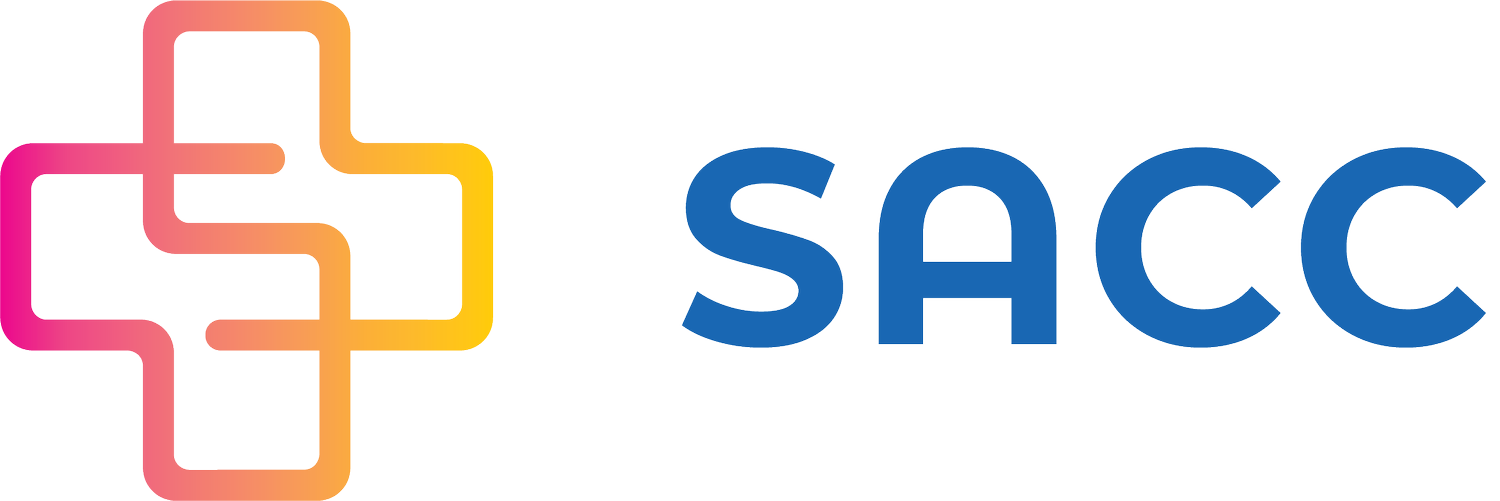South East Care Pathway
What is SECP?
The South East Care Pathway (SECP) supports people with increased vulnerabilities and/or complex health needs following their discharge from hospital, or patients living at home in the community who have an increased risk of hospital admission requiring more support than can be offered in General Practice.
The South East Care Pathway is delivered by Sandringham Ambulatory Care Centre (SACC) across south east Melbourne. This program is funded by South Eastern Melbourne Primary Health Network (SEMPHN).
Our Purpose
We aim to:
Prevent avoidable emergency presentations and reduce hospital length of stay
Enable step-down and step-up pathways to primary care
Facilitate access to community/non-admitted hospital-based services
How SECP Works
Patient Journey
When patients are referred to the service, we assess their needs
An initial triage call determines the care pathway required
Depending on patient needs, we provide:
Passive Monitoring: Patients respond to automated surveys reviewed by clinicians
Active Monitoring: Clinicians provide regular phone contact for welfare checks, symptom checks, or appointment reminders
Support Services
We work collaboratively with primary, secondary, and tertiary health services by liaising directly with patients and their care support systems to provide:
Direction to appropriate services for urgent care
GP appointment organisation (telehealth or in-person)
Connection with ongoing GP care if not already established
Appointment reminders
Telehealth clinical and symptom support
Assistance navigating the healthcare system
Ensuring proper home care support
Help with direct hospital admission, bypassing or pre-warning emergency departments
Who Can Be Referred?
People who are clinically or socially vulnerable and meet one or more of the following:
Require closer health monitoring than routinely available in primary care
Have increased risk of hospital presentation or difficulties accessing primary care
Require transition support from hospital to primary/community care
We prioritise providing access to treatment for people who:
Identify as Aboriginal and Torres Strait Islander people
Identify as culturally and linguistically diverse (CALD)
Have a disability or care for someone with a disability
Come from lower socio-economic communities
Who Cannot Be Referred?
Residents of aged care facilities (they will be referred to Resident in Reach services)
Patients residing outside south east Melbourne
Patients requiring an in-home review (SECP can refer these patients to appropriate services)
Making Referrals
Who Can Refer?
Patients may be referred by any health professional from primary, secondary, and tertiary health services, such as the VVED or GP practices.
How to Refer
Referring is quick and easy:
Complete the short form at https://care.semetrohealth.org.au/referral (for Clinicians only)
Once referred, a patient will be contacted for an admission assessment
Required Information
You'll need to provide:
Patient details
Reason for referral
Referral source (e.g., VVED, health service, or GP clinic)
If referring from a health service or VVED, you can upload a discharge summary
Frequently Asked Questions
Does SECP provide care in the home?
No, but we can help connect patients to appropriate services for home care support.
Is the support offered short or long term?
The length of care depends on patient needs. It may be days or months, determined by when a patient is fit for discharge. If long-term case management is beneficial, patients are referred to appropriate services.
How are patients contacted?
Patients receive an SMS notification about their referral, followed by a call from a SACC clinician. Patients can opt out via SMS or by phone, anytime.
What are the qualifications of staff contacting patients?
All SACC staff who contact patients are enrolled or registered nurses.
Are older patients disadvantaged by technology requirements?
No, all conversations are conducted via phone to ensure a personalised and relevant experience.
Will referrers know what support has been provided?
SACC is implementing a feedback system. Once in place, referrers will receive a confirmation email about whether their referral was accepted or declined.
Does SACC have experience working with vulnerable people?
Yes, SACC has significant experience working with vulnerable groups including homeless individuals, CALD communities, and domestic violence cohorts. Staff collaborate with case managers to develop solutions.
Contact Us
SACC staff are available to answer questions between 9am and 5pm, seven days a week.
Patients or clinicians can contact the program by:
Calling: 9119 1025
Emailing: carepathway@sacc.org.au
Please note: Referrals are not accepted via phone or email and should be submitted via the referral form.
